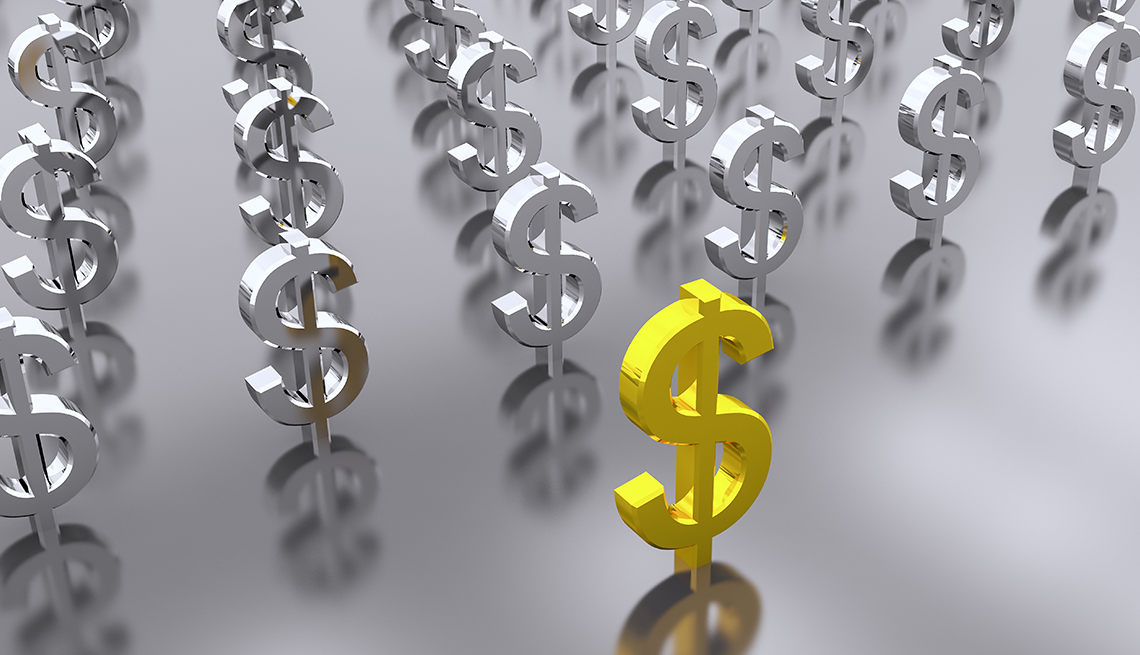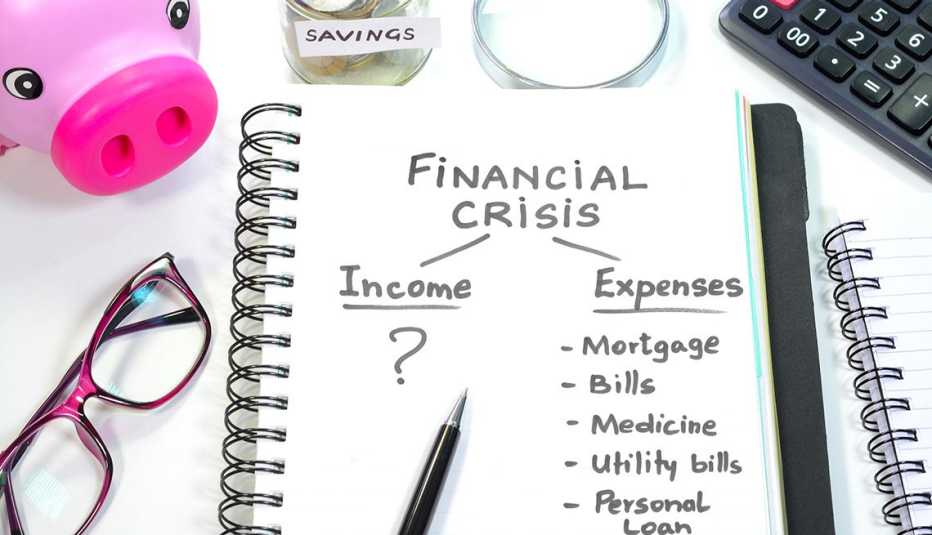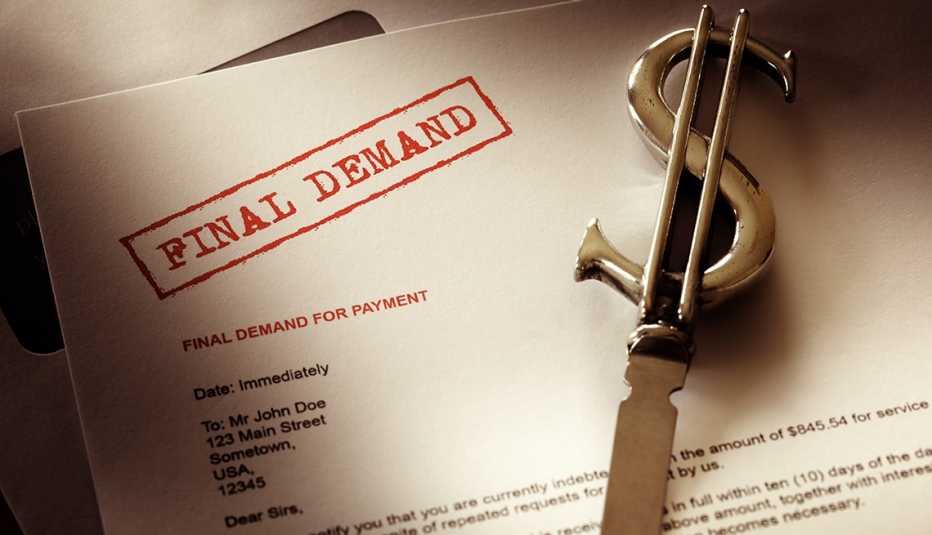Staying Fit
Hard times mean hard decisions. You may have to do things you would never opt for during better days. But which actions are the least awful? Which are the best of the worst? I asked experts about inadvisable money-related moves people might make nowadays, plus the not-as-bad recommended alternatives.
Bad move: Stop paying your monthly bills
Better move: Stop paying, but contact creditors
It's never a good idea to go radio-silent on the people to whom you owe money. Now is no exception. One bit of good news: Following the oubreak of COVID-19, many lenders have said they would grant borrowers relief in the form of paused interest and payments (federal student loans) or the ability to miss a payment (some credit card and mortgage lenders). Whether or not your creditor has made such a statement, get in touch online or by phone to report that you're having an issue and to ask for a work-around, says Carolyn McClanahan of Life Planning Partners in Jacksonville, Florida.


AARP Membership— $12 for your first year when you sign up for Automatic Renewal
Get instant access to members-only products and hundreds of discounts, a free second membership, and a subscription to AARP the Magazine.
Bad move: Hoard a stack of cash in your home
Better move: Keep a few weeks of money on hand
The safest place for your money is in a bank, not under your mattress. Plus, if you're self-quarantined at home and have enough money to pay bills, you'll need it in your checking account to do so. McClanahan, who has endured a number of hurricanes, keeps about $800 in cash. “It's enough to get a few weeks of gas and groceries,” she notes.
Bad move: Make big life changes, such as retiring or moving
Better move: Take your time and think it over
During this economic downturn, if you still have a job, you should try to stay engaged until you understand the financial situation and whether you have enough of a nest egg and income to retire, McClanahan suggests. As for moving, she says, a recession may mean lower home prices. That's great if you're buying — but not as wonderful if you're selling. “It depends why you want to move,” she says. “If all this stuff weren't going on and you could afford the move, would you still do it? If so, you've got your answer."



































































